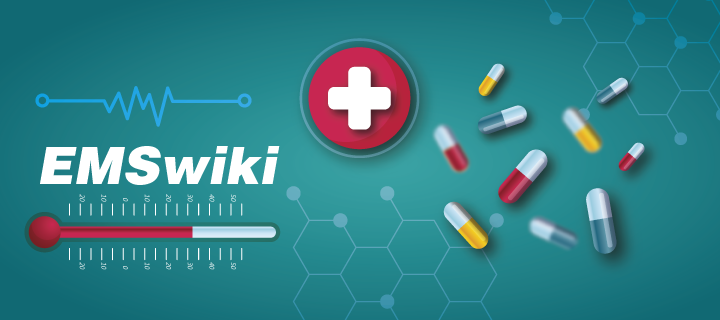
Bacteria: The Microorganisms That Shape Our World
An exploration of the characteristics, ecological role, and medical implications of bacteria
What are Bacteria?
Bacteria are simple, single-celled life forms. They lack a nucleus or organelles bound by membranes. They can be found nearly everywhere on Earth, from erupting acidic springs to deep marine depths. They play crucial roles in various ecological activities, including nutrient cycling and nitrogen fixation in the air. These microscopic beings can take on diverse shapes, such as round (coccus), rod-shaped (bacillus), and spiral (spirillum). They are fundamental to the world around us and to our health.
Classification and Reproduction
Most bacteria multiply by dividing into two. This process is called binary fission and creates two new cells exactly alike. These small organisms can also share DNA, making them more diverse. We classify bacteria based on three factors. First, their shape. Second, if they need oxygen to live. Third, how they react to a test called Gram staining. This test tells us if bacteria have a certain type of cell wall and helps us identify if they are gram-positive or gram-negative.
Impact on Living Systems and Human Health
Many bacteria perform useful functions, such as aiding in food digestion and producing vitamins in the gut. However, some bacteria make people sick with diseases like tuberculosis, anthrax, and bubonic plague. A significant problem today is that some bacteria are not killed by antibiotics as they once were. This makes treating bacterial infections more challenging.
Benefits and Risks of Bacteria
While some bacteria are harmful and cause diseases, others play vital roles in many beneficial processes. Bacteria have numerous advantages and are essential in various industrial and environmental applications. They contribute to wastewater treatment, breaking down and removing pollutants from wastewater. Additionally, bacteria are crucial for the production of fermented foods like cheese and yogurt, imparting them with distinct flavors and consistencies.
Moreover, the field of biotechnology heavily relies on bacteria for their incredible capabilities. Some bacterial strains can decompose and degrade pollutants, offering potential solutions to address environmental pollution. Specifically, some bacteria can degrade plastic, offering a natural way to tackle the growing problem of plastic waste. This remarkable ability of bacteria is in the exploration and development phase.
Sources


